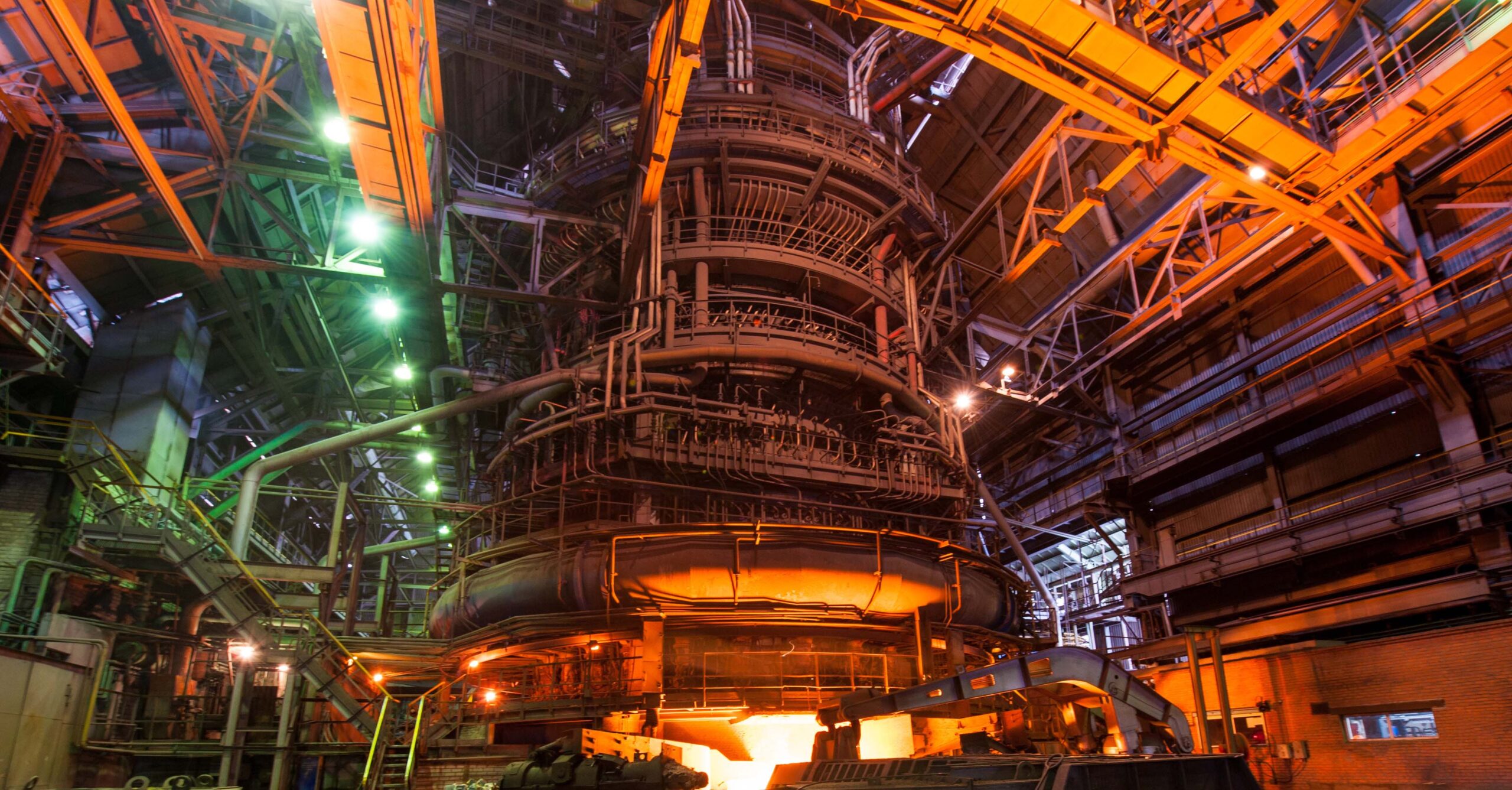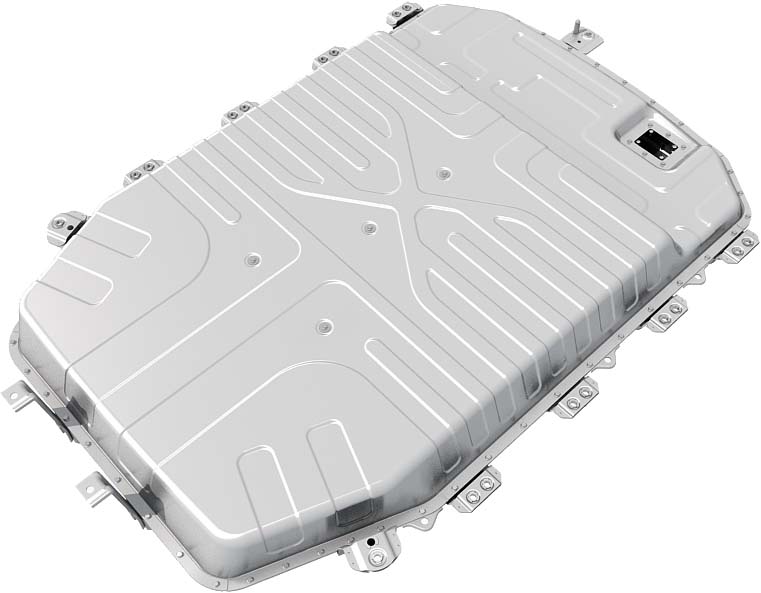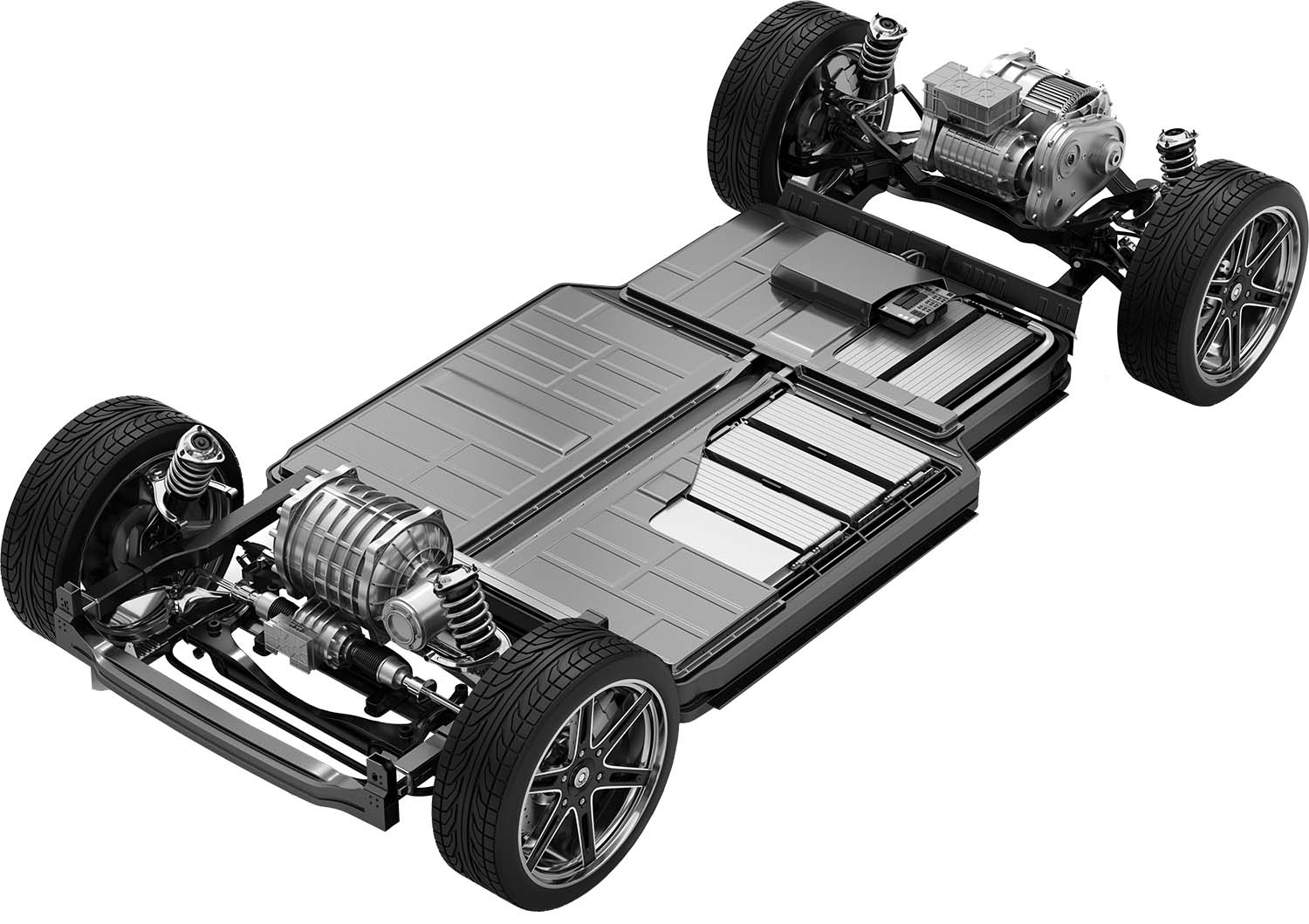No other industrial material has a higher climate impact than steel: steel is responsible for 7-9% of global greenhouse gas emissions and makes up about 65% of the current average vehicle. Smelting raw iron ore produces most of the steel industry’s greenhouse gas emissions. Coal, which emits toxic substances and drives climate change, is the main culprit – whether used in a blast furnace or to produce electricity that powers the process. A sustainable supply chain requires fossil-free steel and equitable manufacturing practices.
Renewable-powered electric arc furnaces, renewable hydrogen-based direct reduced iron and emerging technologies including molten oxide electrolysis can decarbonize steel manufacturing by eliminating the use of coal. As major buyers of steel, automakers need to make long-term commitments to buy steel made with these clean technologies, and leverage their power to catalyze these changes. Given the significant costs and timelines required to transform steel production, we need to start now or we won’t achieve our climate goals.
Without stringent environmental protections, the steel supply chain can also cause other types of environmental harms. Iron ore mines require large tracts of land, which can create significant environmental risk. Human Rights Watch warns that an iron ore project in Guinea threatens to tear up forests and destroy vital habitats for endangered species. If mining tailings are not adequately managed, they can lead to environmental disasters like the two catastrophic tailings dam collapses in Brazil. Air pollution from steel manufacturing itself is also an issue. U.S Steel has been fined millions for repeated air pollution violations at its plants. Substituting charcoal or biomass for coal in blast furnaces can also devastate forest ecosystems.
Automakers need to implement robust and contractually binding standards on environmental management and due diligence to prevent these problems from occurring.


